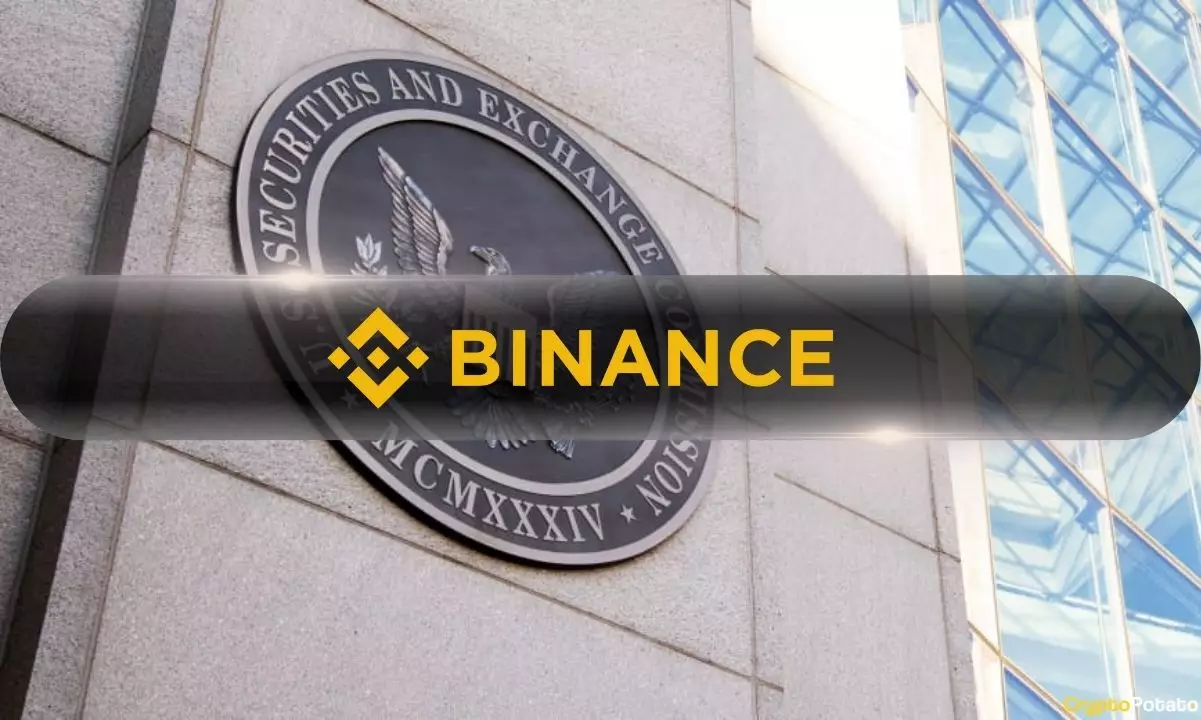The Securities and Exchange Commission (SEC) of the United States has found itself in the throes of a contentious legal battle with Binance and its U.S. counterpart, Binance.US, alongside former CEO Changpeng Zhao. This ongoing lawsuit, part of the SEC’s broader crackdown on cryptocurrency exchanges, claims that Binance operated an unregistered securities exchange. Central to the SEC’s argument is the Howey Test—an established legal benchmark for determining whether a financial instrument qualifies as a security. The implications of this case extend beyond the immediate parties involved, beckoning broader questions about regulatory frameworks in the rapidly evolving cryptocurrency landscape.
The Howey Test is a key legal doctrine utilized in U.S. securities law. According to this test, an investment is classified as a security if it involves the investment of money in a common enterprise with an expectation of profits arising from the efforts of others. The SEC contends that the activities conducted by Binance satisfy all aspects of this test, asserting that users were led to believe their investments in BNB and other listed cryptocurrencies would yield profits driven by the efficacy of Binance’s operational ecosystem.
The assertion that the value of an asset is intrinsically tied to the performance of the platform hosting it is significant. As such, the SEC’s challenge frames the entire trading environment around cryptocurrencies as being governed by wide-reaching securities laws, including transactions typically perceived as outside that scope, like secondary market trades. This expansive interpretation could set a precedent that would reverberate throughout the whole cryptocurrency sector, lending the SEC substantial authority over various digital assets.
The lawsuit has attracted judicial scrutiny, particularly from Judge Amy Berman Jackson, who has raised concerns regarding the SEC’s approach and the clarity of its arguments. After receiving critical feedback, the SEC opted to amend its complaint—indicative of the legal challenges it faces in not only establishing the regulatory basis for its claims but also in addressing the court’s concerns.
Meanwhile, Binance’s legal response demonstrates the exchange’s aggressive stance. The motion to dismiss the amended complaint indicates their argument that the SEC has not substantiated its claims effectively. This back-and-forth points to a legal landscape drained of clear regulatory guidelines, prompting companies within the cryptocurrency sector to call out what they perceive as inconsistent enforcement by the SEC.
This discord is further amplified by notable figures in the crypto industry, such as Coinbase’s Chief Legal Officer, Paul Grewal, who has publicly challenged the SEC’s consistency in handling digital asset classifications. Questions have arisen about why major cryptocurrencies like Bitcoin and Ethereum have not been similarly categorized as securities. Grewal’s observations underscore a believable narrative within the crypto community that regulatory actions appear sporadically enforced, eroding trust in the SEC’s regulatory compass.
Political Context and Industry Implications
Adding a layer of complexity, the political context surrounding SEC Chair Gary Gensler’s tenure affects the agency’s enforcement image. With President-elect Donald Trump poised to appoint a successor, the implications for regulatory approaches could shift dramatically. Criticism has come from various stakeholders, including Ripple’s legal officer Stuart Alderoty, who labeled Gensler’s recent legal filings as a rushed endeavor that recycles previously unsuccessful arguments. This suggests growing concerns over the integrity and direction of the SEC, particularly during a transitional phase.
Moreover, calls for the SEC to revisit foundational legal principles, such as the original Howey decision, signal a deeper frustration within the community. Cryptocurrency attorney John Deaton’s remarks emphasize that the focus should not only be on whether digital assets have intrinsic value but also consider whether the current regulatory framework is conducive to innovation and growth within the industry.
The ongoing litigation between the SEC and Binance highlights not only a pivotal moment for regulatory scrutiny but also the broader implications it has on the future of cryptocurrency exchanges in the United States. As the SEC attempts to wield its power to govern this burgeoning industry, ongoing critique regarding its approach may prompt further discourse on the need for clear, consistent regulatory standards. Moreover, this legal episode underscores the urgency for regulators to adapt to the fast-paced world of digital assets, ensuring that their frameworks do not stifle the innovation that cryptocurrency represents. As the situation unfolds, stakeholders will remain watchful, aware that the outcome of this case may set crucial precedents that could shape the future of financial transactions within the crypto domain.

